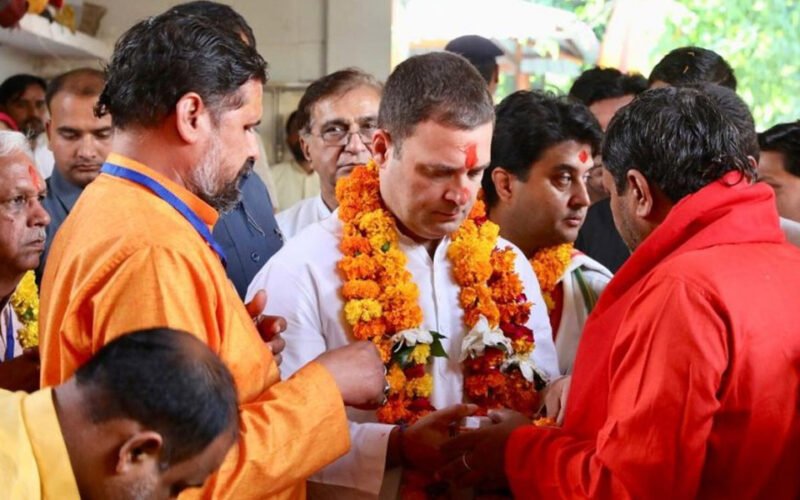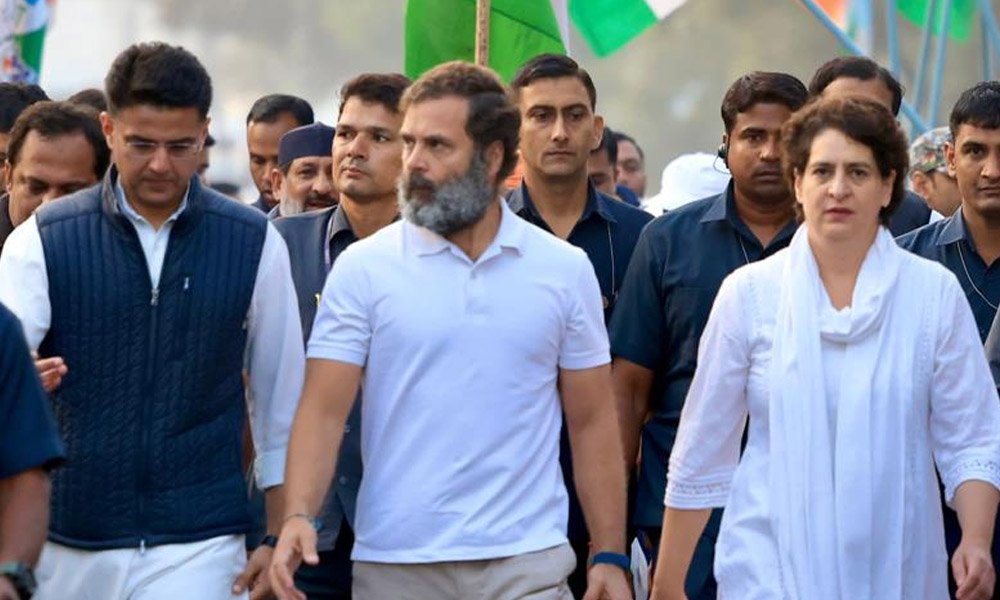Faredoon Jehangir Ghandy was a famous Indian businessman and marine engineer who contributed significantly to the early growth of India’s industrial sector, notably the legendary Tata Steel. His achievements not only shaped one of India’s most significant industrial hubs, but also had a lasting impact on his family, particularly via his son, Feroze Jehangir Gandhi, a notable politician and journalist who married Indira Gandhi, India’s first female Prime Minister.
Faredoon Jehangir Ghandy’s early life and family background
Faredoon Jehangir Ghandy was born in India in 1896 to a Parsi family that belonged to the broader Parsi community that had moved from Persia to India centuries before. Ghandy’s family had deep roots in business, which matched his own goals. His career as a marine engineer began early, and it quickly became evident that he was going to have a huge effect on India’s economic growth. In the midst of his successful professional career, Faredoon married Ratimai Commissariat, a Bombay woman from a well-known family. They had numerous children, one of them, Feroze Jehangir Gandhi, would go on to play an important part in Indian politics.
Faredoon’s accomplishments were not limited to his job; his personal life was also significant, particularly through his son, Feroze. His achievements at Tata Steel in Jamshedpur helped to establish the firm as a global brand, and he is now regarded as one of India’s industrialisation pioneers. His leadership and dedication to the cause of industrial expansion left an indelible mark, not only on the area of engineering, but also on how the country’s key industries evolved in the twentieth century.
Feroze Jehangir Gandhi, son of Faredoon Jehangir Ghandy.
Feroze Jehangir Gandhi was born in Mumbai on September 12, 1912, as the youngest son of Faredoon Jehangir Ghandy and Ratimai Commissariat. Feroze was raised in a family that was heavily active in business, politics, and public life. His father’s industrial experience and his mother’s influence influenced his temperament and goals, and he quickly embarked on a career that would earn him national recognition.
The political milieu in India impacted Feroze’s early life. His exposure to the beliefs of freedom fighters and social reformers prompted him to get heavily active in politics and media. He rose to prominence during India’s struggle for independence, but his marriage to Indira Nehru in 1942 catapulted him into the national limelight. His choice to alter his surname from “Ghandy” to “Gandhi” is sometimes ascribed to his love for Mahatma Gandhi’s participation in the Indian liberation movement, and this name change reinforced his affiliation with one of India’s most prestigious family legacies.
Feroze, although not being closely related to Mahatma Gandhi, rose to prominence in Indian politics as a journalist and member of Parliament. He was most known for revealing the Mundhra incident, a financial fraud from the 1950s that was a watershed moment in his career. Feroze’s journalistic ethics, fearlessness, and political insight established him as a renowned figure in Indian politics.
Feroze Gandhi’s Legacy and The Gandhi Family
Feroze Jehangir Gandhi’s political and personal legacy continue to influence modern India, particularly through his offspring. His son Rajiv Gandhi would become India’s Prime Minister, and his daughter-in-law, Sonia Gandhi, would lead the Indian National Congress, making the Gandhis one of the country’s most powerful political families.
Though Feroze’s marriage to Indira Nehru, Jawaharlal Nehru’s daughter, was an important political connection, it was his dedication to public service and involvement in exposing government corruption that distinguished him throughout history. Given the importance of the Nehru family’s heritage in Indian politics, his marriage to Indira was both a personal and strategic political collaboration.
His offspring, Rajiv Gandhi and Sanjay Gandhi, would continue the Gandhi family’s dominance in Indian politics, eventually dictating the country’s path for decades. Despite the turbulent nature of Indian politics in the late twentieth century, Feroze’s family continued to play an important part in national events.
Conclusion: The Influence of Faredoon Jehangir Ghandy and His Family
Faredoon Jehangir Ghandy, a business leader and pioneer of India’s industrial development, laid the groundwork for many of the country’s greatest achievements in the twentieth century. His legacy, however, is not only linked to his efforts to Tata Steel, but also to his family, particularly his son Feroze Jehangir Gandhi. Feroze’s political career, marriage to Indira Gandhi, and his children’s engagement in the highest levels of Indian politics meant that the Ghandy-Gandhi family was known not just for its economic accomplishments, but also for its major political impact.
Today, Faredoon Jehangir Ghandy is known as an industrial pathfinder, and his family’s ongoing influence in Indian politics demonstrates the long-term effect of his work and principles.







